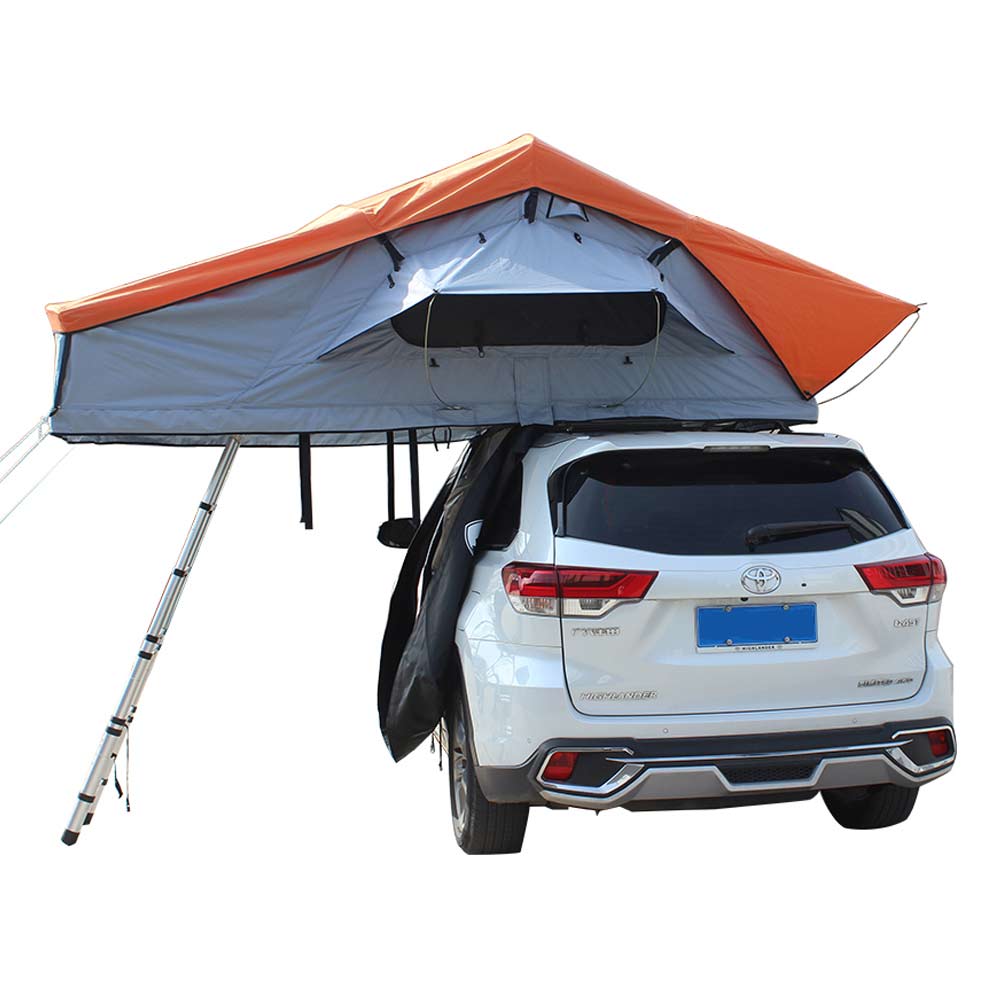In recent years, the popularity of roof top tents has surged among outdoor enthusiasts, providing a convenient and elevated camping experience. However, a crucial question lingers in the minds of car owners contemplating this adventurous addition - Are roof top tents safe for cars? In this comprehensive guide, we delve into the safety aspects, addressing concerns and shedding light on the truth behind the trend.

Dynamic Load Capacity
One of the primary concerns when considering a roof top tent is its impact on the car's dynamic load capacity. Dynamic load capacity is the maximum weight a vehicle can handle while in motion. High-quality roof top tents are designed with lightweight materials without compromising durability, ensuring that they adhere to the dynamic load limits prescribed by car manufacturers.
Installation and Mounting Systems
Safety begins with proper installation. Reputable roof top tent manufacturers provide detailed instructions, ensuring that the tent is securely mounted. The mounting system plays a pivotal role, and advancements in design have led to innovative solutions that distribute weight evenly across the car roof, minimizing stress points.
Factors Influencing Safety
Vehicle Type and Weight Distribution
Not all cars are created equal, and their suitability for roof top tents can vary. Larger, more robust vehicles generally handle the added weight more effectively. Additionally, understanding the car's weight distribution is crucial. Strategic placement of the roof top tent can offset any potential imbalance.
Wind Resistance and Aerodynamics
Aerodynamics are a critical consideration to ensure the safe use of roof top tents. Reputable manufacturers engineer their tents to minimize wind resistance, maintaining the vehicle's stability during travel. Understanding the wind resistance limits specific to your car model is imperative for a safe and enjoyable experience.
Common Safety Concerns Addressed
Structural Integrity and Materials
Ensuring the structural integrity of a roof top tent is paramount. High-quality tents are constructed from durable materials such as aluminum or fiberglass, providing a sturdy and reliable shelter. Rigorous testing is often conducted to meet safety standards, alleviating concerns about structural integrity.
Securing the Tent during Travel
Properly securing the roof top tent during travel is crucial for both safety and longevity. Advanced locking mechanisms and reinforced fastening systems prevent the tent from shifting or opening unexpectedly, ensuring a secure attachment to the vehicle.
Safety Tips for Roof Top Tent Users
Regular Maintenance Checks
To guarantee continued safety, conducting regular maintenance checks is essential. Inspecting the tent, mounting hardware, and the roof rack ensures that everything remains in optimal condition. Addressing any wear and tear promptly enhances the overall safety of the setup.
Weight Limit Adherence
Respecting the prescribed weight limits by both the roof top tent manufacturer and the car's specifications is non-negotiable. Exceeding these limits compromises safety and can lead to unforeseen issues during travel.
Conclusion
In conclusion, the question of whether roof top tents are safe for cars boils down to responsible usage and adherence to safety guidelines. When chosen wisely, installed correctly, and used within prescribed limits, roof tents can offer a secure and thrilling camping experience. Understanding your vehicle's capabilities and investing in quality equipment are fundamental steps towards ensuring a safe and enjoyable outdoor adventure.
No comments:
Post a Comment